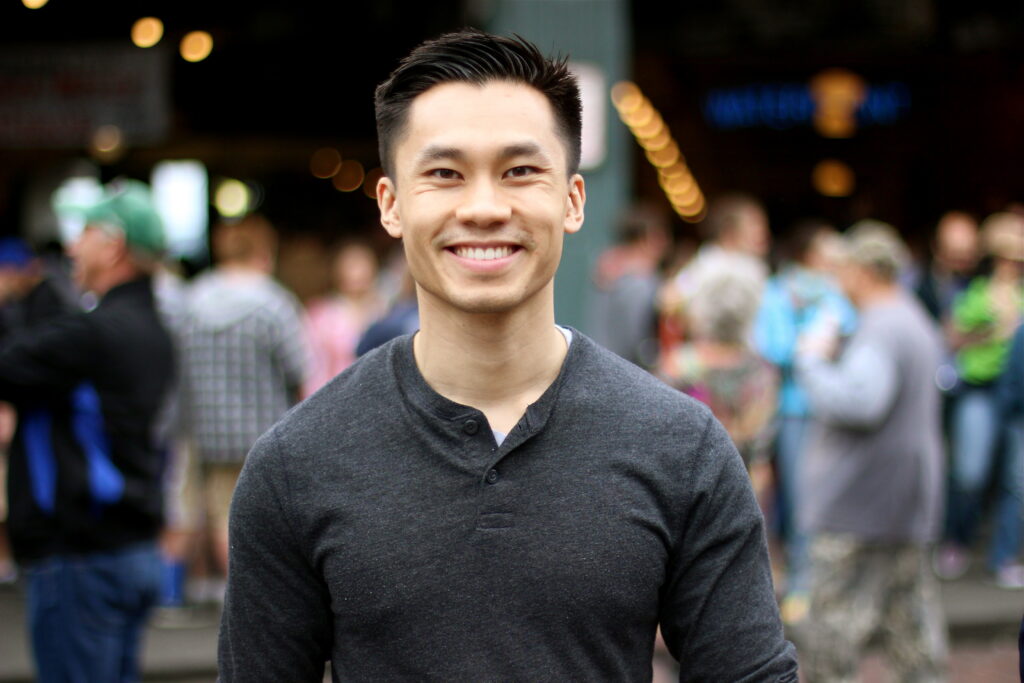
CampusLabs held a webinar recently that focused on student affairs assessment, shifting priorities, relevant data, practices and approaches to creating and implementing assessment during COVID-19.
Host: Anne Lundquist, Ph.D., Assistant Vice Principal, Campus Strategies at Campus Labs
Panelists:
Ciji Heiser, Director for Assessment and Effectiveness at Western MI University; Member-at-Large for Student Affairs Assessment Leaders.
Daniel Doerr, Coordinator and Lead Assessment Efforts from Division of Student Affairs at The University of CT; Advancement Committee Chair Elect for SAAL.
Joe Levy, Ed.D. Executive Director of Assessment & Accreditation at National Louis University: Committee Chair for SAAL
Judd Harbin, Ph.D., Executive Director of Student Affairs Strategic Planning & Assessment, Division of Student Affairs at University of Nevada, Las Vegas
1) What does the shift to a remote environment mean for assessment professionals in student affairs?
Judd began the discussion by stating that although many students are already online for their classes and regular communication, there is the concern over students’ attention spans and capacity for taking in more information, such as surveys, questionnaires, and polls. He also mentions that some students may not have the same opportunities at home that they had on campus, such as wifi.
Ciji added that their schools are engaging in a lot of large-scale projects around assessment, currently. They are moving away from summer evaluations and towards assessments geared towards staff and student needs.
Dan echoed points from both Judd and Ciji, then added that at his school they are encouraging people to think strategically about identifying what the priorities are now. They might put off their summer assessment as well and focus also on assessment based on the needs of students and staff. They are also helping staff to engage students in planning assessments. He is examining how he is now inserting himself into the work schedules of other staff regarding what they have to address on a daily basis, as he reflects on his role.
Joe mentioned that their school already has a lot of the infrastructure in place regarding online programs offered in hybrid modalities, and online services for Student Affairs, though, still, there is some stress with the transition and added work. He said that for Student Affairs Professionals, they are all shifting into the world of being empathetic and trying to offer as much support as possible, beyond the assessment support, as well as trying to position themselves as support and allies and be a gentle reminder that assessment is necessary. When making changes during this transition time, Joe emphasized the importance of maintaining human interaction, being aware of how much you are inserting yourself into the world of students, and needing to balance work expectations.
Another attendee, Melissa Brown, Ph.D., Director of Student Life Assessment and Strategic Initiatives at the University of TN-Knoxville, chimed in saying, “assessment is when one takes a deeper look into an outcome to discern areas of weakness in order to implement continual improvements to the activities/programs/services offered to students.” She reflects on how the methods to track data will change and delivering assessment plans might move to online.
2) What priorities remain the same?
Ciji responded first saying that although this current shift might exacerbate inequalities, i.e., access to resources, wifi, etc., they continue to have a strong commitment to equity. They are exploring who might be affected by this and how to address current needs. Priorities are shifting, such that things that they focused less on prior to COVID-19, for example their food pantry, have shifted to the top of the list. Regarding data integration and analytics, there might be an increased desire for more information. They continue to focus on pulling data together, including enrollment, academic, engagement, into one place to help tailor outreach to students.
Joe stated that they are also sticking to their mission and values during this time, regardless if the interventions might look different; assessment remains a priority, “because we have to know that what we are doing is working,” that they are helping students. He emphasized the need to make sure they are not taxing students when reconsidering how to collect data. He said that they can’t lose sight of the idea that “what we’re not going to get another redo of is the lived experience of our students, so we need to be checking in on that for sure.”
Judd added the importance of maintaining a sense of ethics during this time, making sure that what they are doing is helpful, that they continue to fulfill promises, and doing so in a way that is equitable. He stressed the need to support the staff who provide support to students, “so that they can still make sure that what they are doing is still having the intended impact.”
Dan echoed a lot of the aforementioned, adding the need to meet the needs of the students while keeping them focused on their work. He mentions that, as assessment professionals, they may have some luxuries regarding keeping projects moving forward, as has been part of his focus.
Another attendee chimed in stating the importance of including students in the assessment planning and process to help them feel involved and giving them a sense of belonging.
3) What practices and approaches are particularly useful right now?
Dan said that he is encouraging people to think about the data that is necessary and actionable, what are the priorities? He mentioned that they use a lot of surveys with questions covering a range of data, but perhaps now they need to think of minimal data points so as not to burden students, i.e., sending a link to one or two critical questions. “Really, the focus should be on minimizing the assessment intervention to maximize the information that you need for whatever decisions or purposes you need in the moment.”
Joe then added that assessments can be simple so as not to be intimidating, for example, a staff member reaching out and getting reflections from students. They need to have good design principles and be clear on what they are measuring is what they need to measure not just what they may want to measure.
Ciji mentioned that they have been focusing more on outreach to college-specific students with advisors asking one or two critical questions. Residence Life has been touch base with students on campus or those logging onto campus, also with one or two critical questions. She stated, “It’s a really good opportunity to capitalize on your existing data,” and to use past information to inform what is happening now, regarding student needs.
Judd added that it is important to identify what data is needed, to reach out in a simple and straightforward manner to address questions. It is important, he mentioned, that they reach out to students who are not logging in to find out what barriers exist for them. He also stressed the importance of self-care, for staff and students alike.
4) What data is relevant now?
Joe started off by stating that there have been a lot of conversations around not doing the assessments this year, but they need to take into consideration the needs of the students. Data relies on critical questions: what are we hoping students are going to learn? What impact do we want services to provide? How do we measure this? And to what extent is it happening? He emphasizes that it is important to take in students’ perspectives of what is important to know when considering relevant data.
Judd added the importance of reviewing already existing data, looking at critical questions around how the current climate has changed the experience and outcome, and getting out of it the value intended.
Ciji said one consideration is to look at how this is impacting post-graduate outcomes, how you continent to provide for the community in a meaningful way, especially for those students who might fall through the cracks.
Dan added that it is important to look at what obstacles might be in the way of student success, such as housing and food, financial needs, and keep in mind what this will look like in the fall and how they will support students.
5) How do we shift from being reactive to being proactive and intentional moving forward?
Ciji suggested tailoring outreach in new ways, use past data to help to understand the impact of community involvement. It is important to identify what the current needs are and at the same time anticipate what the future needs might be, not just of students but of staff and faculty as well, to look at engagement and outreach to identify any gaps.
Joe said that this change is an opportunity to step back and re-evaluate what outcomes and intentions match up, to make sure they are meeting student needs, and reflect on what they are doing now and identify what changes need to happen.
Judd added that this is a “time to step back from delivering the program and look at how the program ro service was delivered, what kind of information you collected along the way, and you have the chance to reflect on whether or not that program or service met what you intended for it to.”
Other tips and advice:
-reach out to peers in similar roles-people are being really creative and willing to share
-devote some “found time” to revising assessment and planning priorities for next year
-reach out and partner with departments, academic affairs, enrollment-how can you collaborate?
-simplify and streamline data collection efforts
Resource:
SAAL: networking and support, professional development, advanced assessment scholarship. Learn more by clicking here.
To learn more about campuslabs click here.


